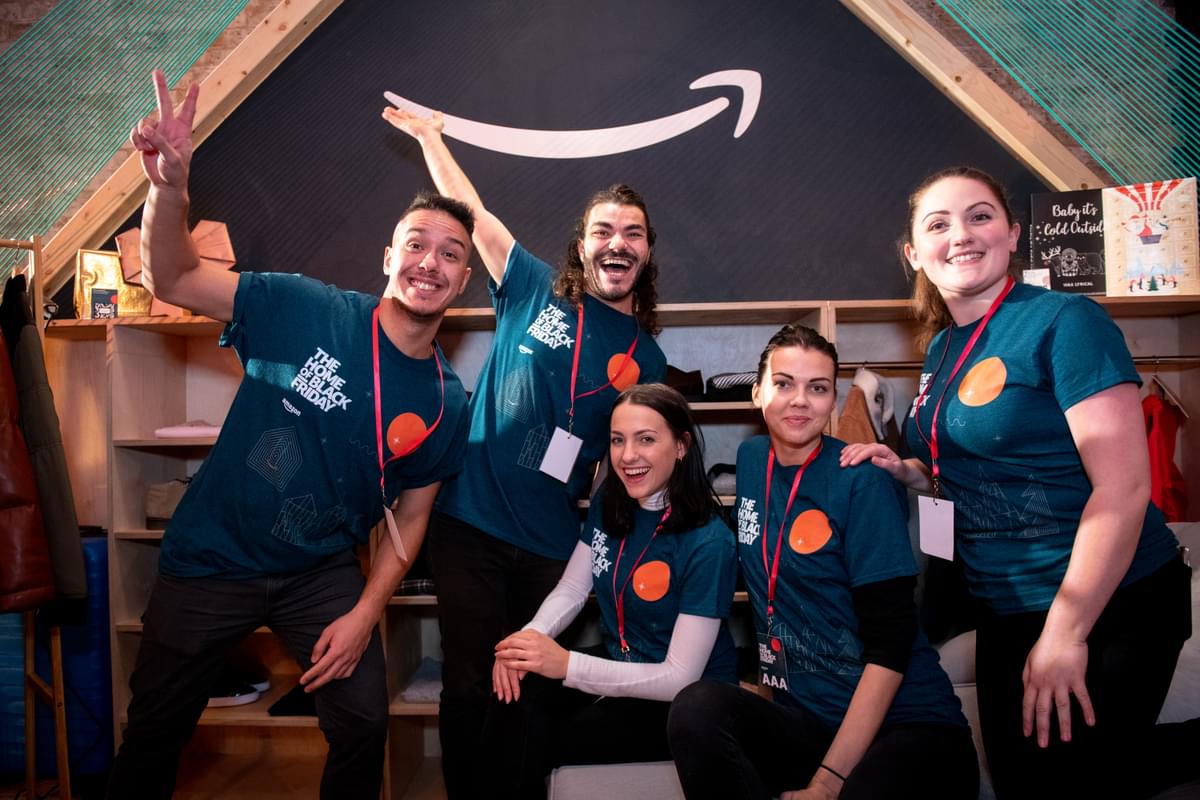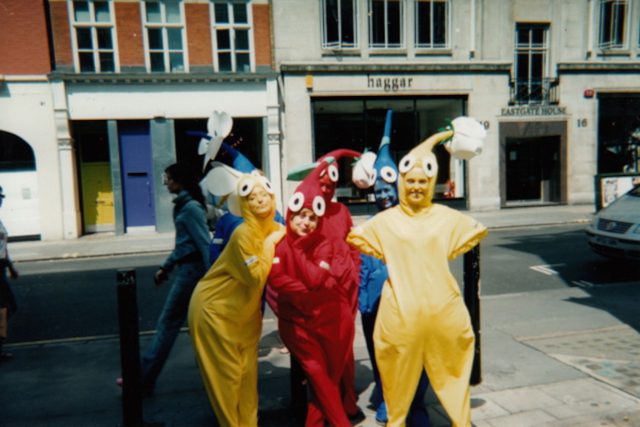The Future Of Experiential Staffing
This week we were very proud to be part of a discussion panel hosted by the IPM at the Event Production Show, where we gave our expert opinions on the future of experiential staffing.
In a marketing industry where the ‘experience economy’ is one of the preferred ways for brands to interact with their consumers and the use of social platforms and evolving technology are almost a prerequisite for these experiences, how do we make sure that a core human interaction is not lost?
Here are some of the things we discussed in our panel:
Human to Human Interactions
As the trust in Institutions continues to decline and the rise in technology continues to grow, the connection to a human becomes even more essential to experiential staffing and activity.
Human-to-human interactions have a unique role in delivering emotional connections, particularly when consumers are looking for individual experiences. Peer-to-peer connection is key for brands, considering that more than 70% of brand communication still occurs face-to-face. So rather than traditional staffing roles becoming obsolete, there is even more need for engaging interactions with well-trained event staff.

Investing in Staffing
Today’s Brand Ambassadors are expected to do a lot. Not only are they required to represent a brand but they also need to be technology and data-savvy, culturally connected, content creators and storytellers.
However, commoditisation and a race to the bottom on price means that their role has been devalued over the years. As an experiential activations agency, we have stayed true to our core philosophy of investing in training for our staff, as we believe up-skilled staff are far more of an asset to a brand than simply a ‘body’ handing out a sample.
Our Founder Helen Hanson is clear on this point: “There are many different types of staffing, but we must accept that experiences which demand hand-picked and trained brand ambassadors will cost more. The job of a brand ambassador is often to be the face of a brand and to create a bond of trust between that brand and its target consumers. Like any credible role, this requires a thorough search and selection process, skills testing, cultural mapping and matching, and a fit-for-purpose training programme.”
Future-proofing
The key to preserving experiential staffing is supporting the role through industry standardisation. Bodies such as the IPM are looking at future-proofing standards of skills, training, pay and conduct. They are looking at codes of conduct, event manager qualifications, benchmarking and centralising resources, as well as recognising and celebrating excellence.
So for us, the future of experiential staffing is a bright one, where humans are not forgotten but celebrated for helping to create unique and memorable experiences.







